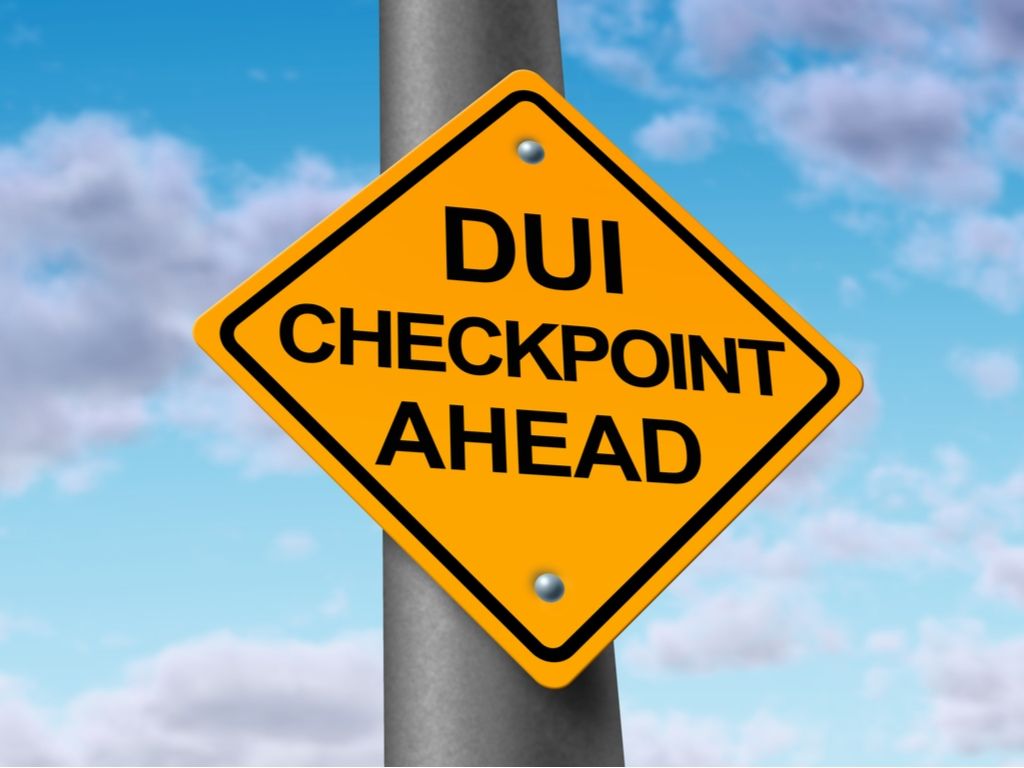When It Looks Like a Sobriety Checkpoint Just Isn’t Legal

Arrested for DUI after you were pulled over at a sobriety checkpoint? No doubt you wonder about the constitutionality of the stop in the first place. After all, don’t the police need probable cause to start the charges for drunk driving?
In Pennsylvania, like other states, law enforcement authorities need to prove one of two things before they can stop you on the roadway. The first is often simple. If you’re suspected of a traffic offense, the police can pull you over. The same holds true if the cops suspect you of the crime.
Meanwhile, your safety and the safety of others matter. DUI checkpoints appear to be a means of keeping the roads free from intoxicated drivers. However, one issue still remains. Do these types of stops actually represent some type of entrapment? Do they violate the rights of the drivers?
The United States Supreme Court ruled on the subject nearly three decades ago. According to Michigan Dep’t of State Police v. Sitz, a State’s use of a highway sobriety checkpoint does not violate an individual’s constitutional rights.
That said, not all members of the high court agreed with the majority ruling. In pertinent part, it said, “the balance of the State’s interest in preventing drunken driving… and the degree of intrusion upon individual motorists who are briefly stopped, weighs in favor of the state program.”
In the meantime, law enforcement authorities must still follow standards in setting up DUI checkpoints. The location of the roadblock plays a part in the equation.
Sobriety Checkpoint Guidelines in Pennsylvania
The Pennsylvania courts have suggested guidelines concerning the use of DUI checkpoints. In Commonwealth v. Tarbert, the court referred to the checkpoints as “systematic roadblocks for the purpose of stopping and observing drivers to determine whether they are operating a motor vehicle under the influence of alcohol.”
The Tarbert case sets up some basic guidelines. For one, the location of the checkpoint should be on a roadway “likely to be traveled by intoxicated drivers.” Likewise, the timing should also be in accordance with the same consideration. Lastly, police officers should not use “unfettered discretion” in deciding which cars to stop. Instead, they should follow objective standards as set by administrative decision.
Another Pennsylvania case, Commonwealth v. Blouse also considers the issue of roadblocks. However, this time, the question isn’t about driving while under the influence of drugs or alcohol. Instead, law enforcement authorities set up the stop to check license, registration and equipment violations.
Once again, the court ruled that systematic roadblocks are set up with “the compelling interest of the state in protecting its citizens from harm.” The suggestion is that unlicensed drivers and unsafe vehicles represent danger. Therefore, they need to be removed from the roadway.
That said, the Blouse case references the guidelines outlined in Tarbert. In fact, it also discusses an amendment to 75 Pa.C.S.A. § 6308(b). This addresses the authority of police officers to check vehicles or drivers as part of a systematic program.
Questions concerning the legality of a roadblock do come up in DUI cases. An experienced drunk driving attorney investigates all aspects of the charges against you in preparing your defense. An invalid stop could prove critical to how the court rules.
Contact Us
If you are facing charges for driving while under the influence of drugs or alcohol, you need experienced legal counsel. The attorneys from Mazzoni Valvano Szewczyk & Karam have worked on both the prosecution and defense of DUI cases. Contact us to schedule an appointment regarding your particular situation.

